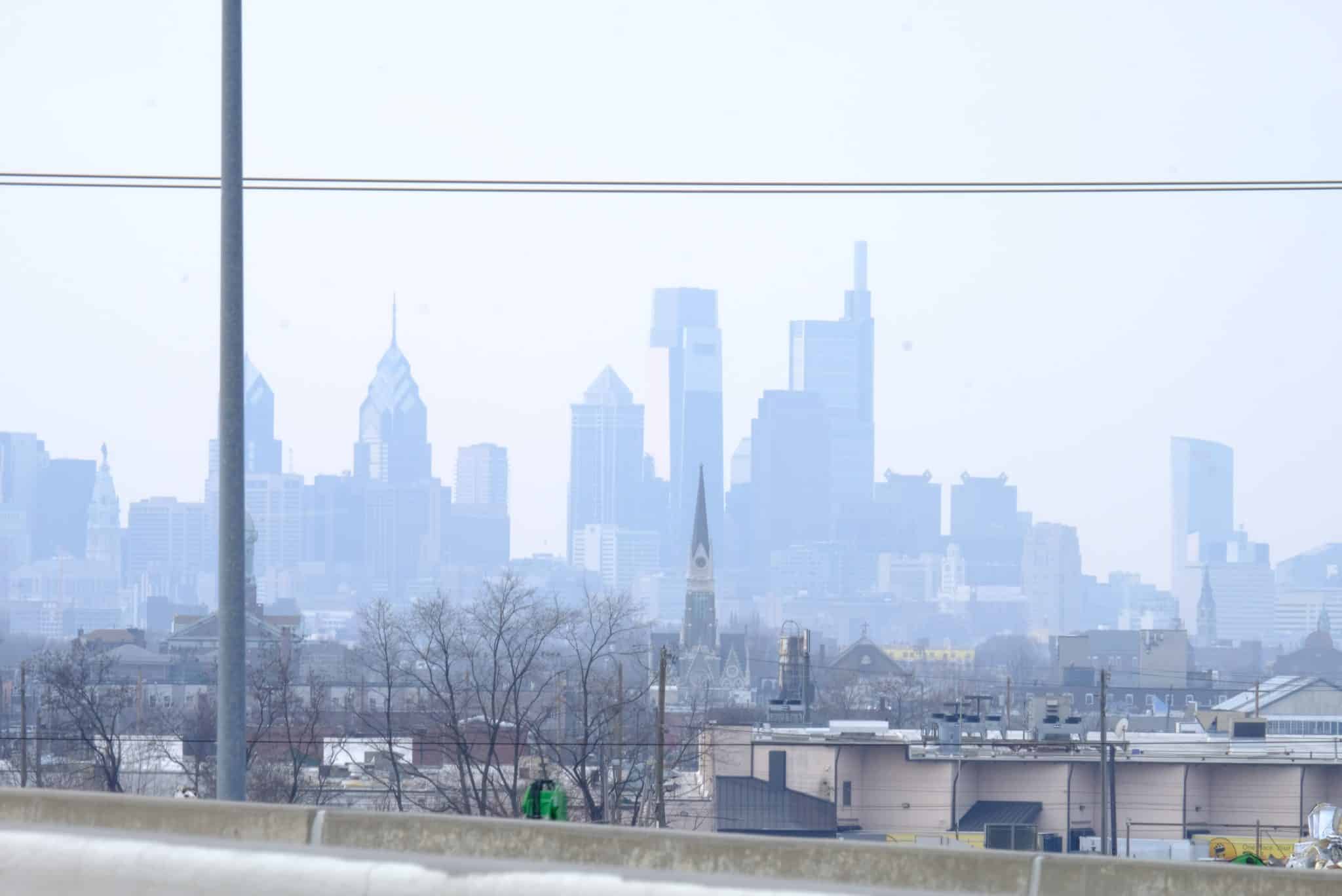Across the Delaware Valley, we share one atmosphere. From Chester to Camden, Philadelphia to Bucks County, the air we breathe is the same—and so are the consequences of how we treat it.
Every day, Philadelphia exports its waste to Chester City, where the Reworld (formerly Covanta) incinerator burns through thousands of tons of garbage. It’s the largest trash incinerator in the United States. The smoke doesn’t stay in Chester; it rides the wind across the river and north through our region. What we call “waste disposal” is, in truth, air pollution shared by millions.
For more than three decades, Zulene Mayfield and Chester Residents Concerned for Quality Living (CRCQL) have fought to end this injustice. Chester’s residents, mostly Black and working-class, live beside a facility that burns other people’s garbage so other cities can claim to be “clean.” Their fight has never been against waste alone—it’s been against the system that assumes someone else’s community can absorb it.
Now, Philadelphia City Council has a chance to do something about it.
Councilmember Jamie Gauthier, Chair of the Committee on the Environment, has introduced Bill No. 250768 – the “Stop Trashing Our Air Act,” which would bar the city from contracting with any company that incinerates waste. It’s an opportunity to end the city’s decades-long reliance on Chester’s smokestack and to confront the reality that 37 percent of Philadelphia’s municipal trash is burned there. The city’s waste contracts expire in 2026. What happens next will determine what—and how—we all breathe.
A life-cycle analysis commissioned by Delaware County found that burning trash and then landfilling the ash is 2.3 times more harmful to human health and the environment than directly landfilling unburned waste. Incineration doesn’t eliminate garbage; it transforms it into airborne toxins and heavy-metal residue.
The American Lung Association’s 2025 State of the Air report gave the Philadelphia–Reading–Camden region—which includes Bucks County—a failing grade for ozone pollution. The Delaware Valley functions as one air basin. When Chester burns, Bucks County breathes it.
The Myth of “Waste-to-Energy”
The industry calls incineration “waste-to-energy.” It’s a marketing term, not a science. According to the U.S. Energy Information Administration, incinerators produce less than half of one percent of the nation’s electricity—while releasing dioxins, nitrogen oxides, mercury, and particulate matter into nearby communities. What they generate in power, they more than offset in pollution. It’s not energy recovery; it’s combustion dressed up as sustainability.
A Regional Crisis, Not Someone Else’s Problem
Philadelphia’s waste doesn’t vanish when it leaves the curb. It’s trucked to Chester, burned, and released into the same air that hangs over Camden, Montgomery, and Bucks Counties. Pretending this is a local issue is exactly how it’s been allowed to continue. The Delaware Valley’s air-quality problems aren’t isolated—they’re cumulative.
And the root cause runs deeper than one incinerator: it’s the sheer, unchecked volume of waste we create. Every disposable cup, takeout container, and plastic fork contributes to a system designed to hide its consequences. Food scraps tossed in the trash decompose into methane, a greenhouse gas more than 80 times stronger than carbon dioxide. Our convenience has a price, and Chester pays it first.
What We Can Do as a Region
On Monday, November 17 at 1 p.m., the Philadelphia City Council will hold a public hearing on the “Stop Trashing Our Air Act” in Room 400 at City Hall. Chester residents will be there, demanding relief. Philadelphia residents should be there, taking responsibility. Bucks, Montgomery, and Delaware County residents should be there too—because what burns in Chester doesn’t stay in Chester.
If you can’t attend, write to City Council and urge them to support Bill 250768. Share the hearing details with neighbors, friends, and colleagues. Then look closer to home:
- Compost food waste instead of sending it to the landfill.
- Reduce single-use packaging by supporting refill and reuse programs in local stores and cafes.
- Demand that your own county commissioners and municipal waste authorities reject incineration contracts and ensure waste isn’t being trucked to vulnerable communities.
- Push for regional composting infrastructure and stronger extended producer-responsibility policies so manufacturers, not residents, bear the cost of disposal.
- Back local organizations—from CRCQL in Chester to neighborhood environmental groups in Bucks and Montgomery Counties—working to keep waste prevention and air quality on the agenda.
Incineration is not disposal—it’s pollution. And “waste-to-energy” is a scam. The way out isn’t cleaner burning; it’s creating less to burn.
There is no “away.” We all live downwind.






